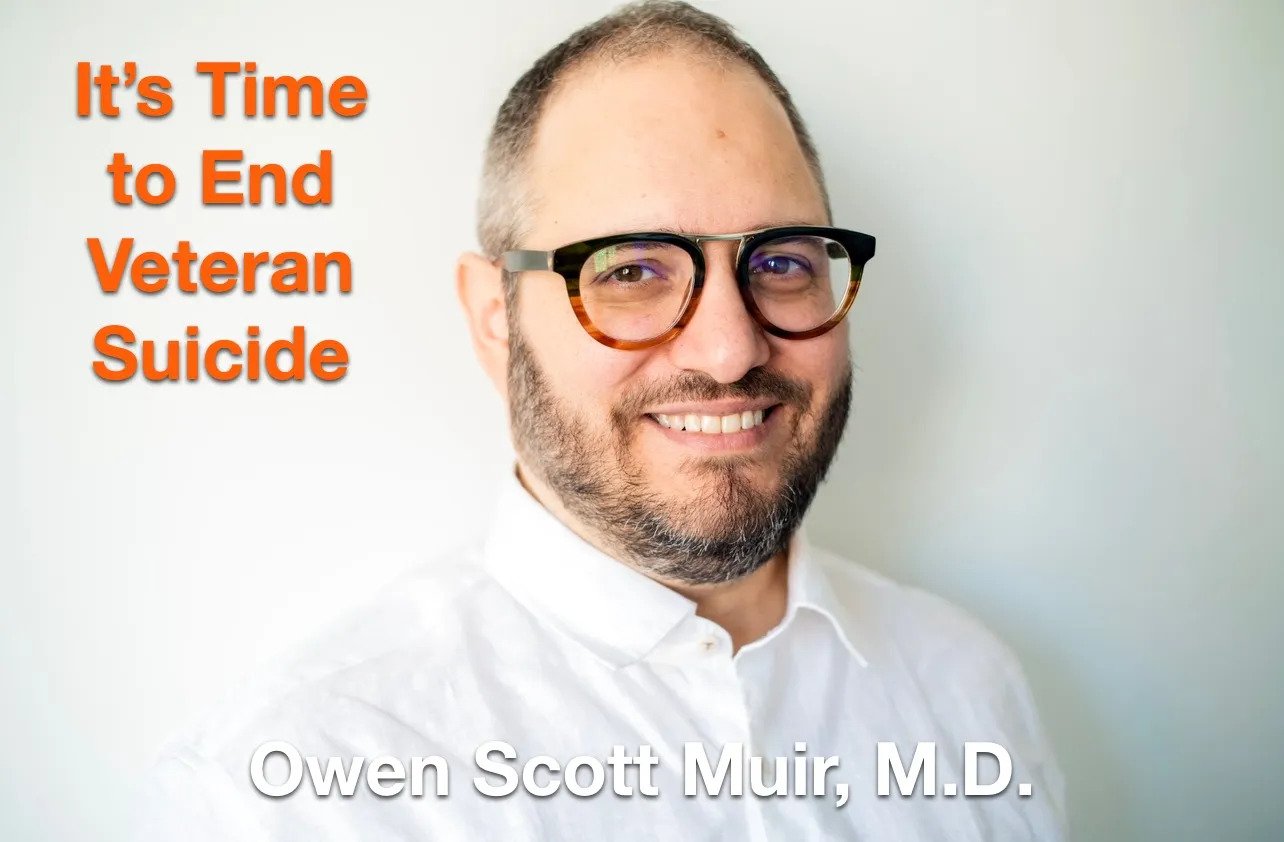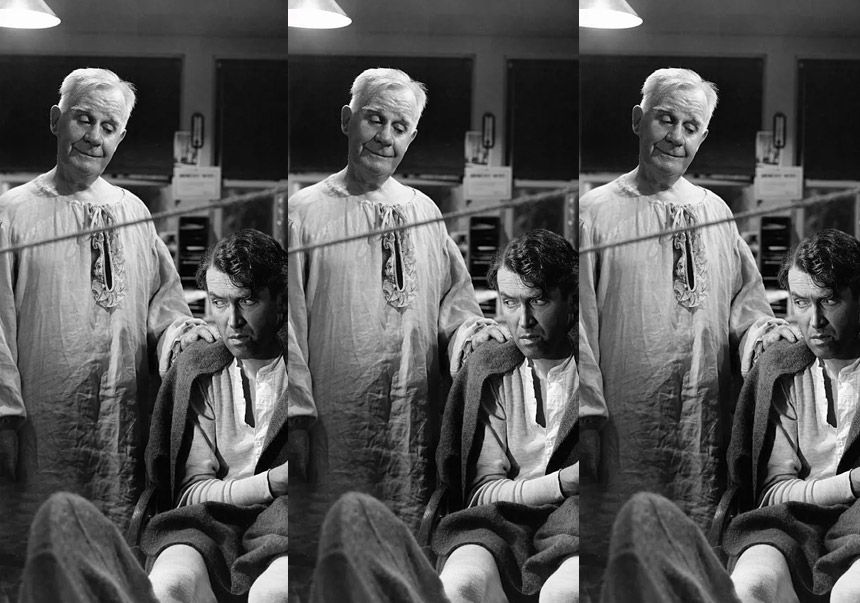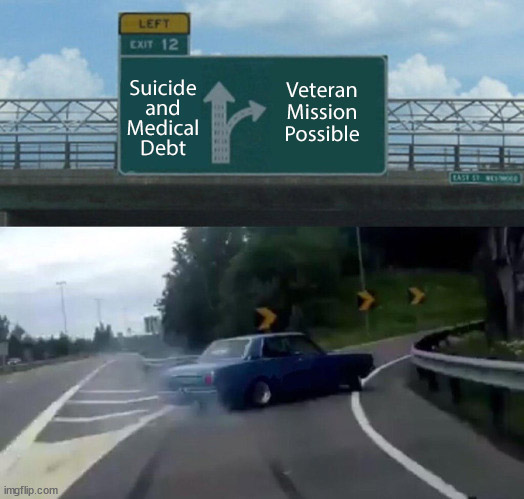Let’s Rethink This Quietly Unveils Rethinking Heroes on Public Radio
Let’s Rethink This (LRT) is known for its ability to catch people’s attention. Founder Jerry Ashton had these credentials safely in hand by the time he retired from the day-to-day work involved in co-founding the national charity RIP Medical Debt (RIP) with the intention to perform similar feats for organizations poised to bring about profound social and economic change – but not having a platform from which to attract all-important public notice.
As Jerry can attest to from personal experience in his struggles to raise awareness (and funds) for his charity, “If they don’t know about you, they can’t do anything about you.” Based on RIP’s success to date – abolishing over $8 billion in medical debt for over 5.5 million Americans – he and his team at RIP solved that problem, and then some.
Jerry and the team of co-creators he gathered together at LRT set about to use his hard-earned tools to remedy similar problems for industry “Solution Providers” who had the goods – but not the audience. LRT, through its Searchlight/Spotlight/Ignite process steps in to fill that void. Here’s what LRT had to do to develop that magic since its founding in early 2021.
Step One – print/online journalism
LRT’s first step was to install Our Newspaper at our website to ensure that worthwhile articles about our partners and members would always find a home. That done, and as a former Navy Journalist (JO2), Jerry’s next step was to approach Russell Midori, co-founder of the 700-member Military Veterans in Journalism (MVJ) organization to partner with us to ensure our members and advocates would have access to seasoned reporters.
Step Two – Video interviews and podcasts
Cary Harrison brought the goods and his credentials to his task of experimenting with doing one-off videos and podcasts. It was fledgling, but brought us to where we are in our ability to produce an entire one-hour program on public radio.
Step Three – graphic novel/cartoon capabilities
Cary introduced RIP to veteran artist Victor Guiza which brought about another novel fit – cartoons and colorful strips that do a better and more compelling job of explaining a complex story than any news article. Using a Harlem entrepreneur and a woman physician patient advocate as proof-of-concept, his renderings drew rave reviews and proved that his subjects could attract new audiences. Check that need off as filled.
Step Four – branding and marketing
Phaedra Poliquin was among the earliest additions to the LRT staff of co-creators, and a find she was. Even while launching LRT, she filled the role of CMO for the Anmol Network and was instrumental in helping raise $1M in investment for them.
Step Five – technology infrastructure and mentoring capability
That would be me, Joel Stevens – the earliest to join the LRT team to make sure that the organization had well-structured and eye-catching websites that its partners could depend on as well as serve as referent examples of our abilities in branding, marketing and community-creating.
Step Six – an evolutionary leap – Rethinking Heroes
For the first time we are aware of, a drive-time public radio hour is devoted to veteran issues and the Solution Providers dedicated to reducing veteran suicide, abolishing their medical debt and in so many other ways making their lives easier. Cary Harrison hosts Rethinking Heroes (RH) on famed LA public radio KPFK 90.7 FM every Friday morning from 9-10 a.m PST/noon EST.
With the help and encouragement of KPFK, we have used the month of February to test the concept and are getting rave reviews – and an uptick in donations to the station. No need anymore to be silent about this important work.
Want to listen to it in streaming audio at those times? Simply click this link. What makes it so special? No woe-is-me and platitudes and stereotypes. These are real veterans and their advocates telling stories and providing solutions you will never hear on MSM.
The other thing that sets RH apart? At the end of every month, with just a bit of assistance from our listeners and co-producers, we will officially abolish $1 million in medical debt across the USA on behalf of our veterans. Having served, and still serving.







